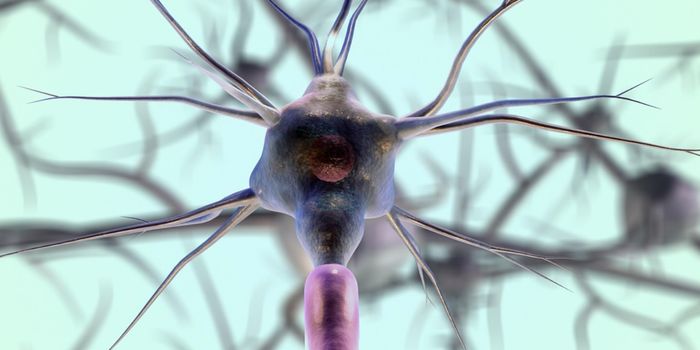A Small Set of Cells Acts as a Timekeeper
Humans have adjusted to a daily rhythm, and our bodies rely on timing. That becomes apparent when we cross time zones. Researchers have learned more about a small group of neurons that plays a critical part in the control of that daily cycle. Called the suprachiasmatic nucleus, or SCN, these neurons might be adjustable, and they have therapeutic potential. The work has been reported in Neuron.
The master clock of the body influences many different processes; the 20,000 neurons that form the SCN can get disrupted by major schedule changes that people make. The scientists found that in a mouse model, altering the electrical activity in only ten percent of those neurons allowed mice to adjust to a new schedule rapidly.
"Just like your watch is good at keeping time but is useless unless you can set it to local time, we wondered how the body clock adjusts to its local time,” explained Erik Herzog, professor of biology in Arts & Sciences at Washington University in St. Louis.
A small number of neurons on the SCN produce a molecule called vasoactive intestinal polypeptide or VIP, which helps neurons sync with one another during the daily cycle. The Herzog lab focused their research on that population of cells, about 2,000 VIP neurons.
"We hypothesized that VIP neurons are like the grandmothers who are in charge of telling everyone what to do," Herzog said.
Cristina Mazuski, a graduate candidate in the Herzog lab, created a way to assess signaling in VIP neurons. By measuring the action potentials in those neurons (when electrical impulses travel through them), two classes were identified. Tonic VIP neurons have a steady, evenly paced firing rate while VIP irregular neurons fire twice or thrice with an even interval after each fire.
Next, the scientists activated those neurons to see how it shifted the daily clock. Kept in total darkness at all times, their mouse model had no clue about the time. With optogenetics, in which genes can be controlled with light, the team made only the VIP neurons fire in unison at the same time, to mimic a change in time zones. "This was an important step to understand how the SCN keeps organisms synced to their local light schedule," Mazuski explained.
By testing different firing patterns in VIP neurons, it was found that activating irregular firing in the VIP neurons made the mice get over jet lag quicker. A tonic firing pattern, however, resulted in a slower adjustment.
"We found the irregular pattern causes VIP neurons to release VIP," Herzog revealed. "VIP, we think, is the juice that is capable of shifting the clock faster. We are really starting to understand how the timing system in the brain is wired together and found that the code used by VIP neurons is really key to setting our daily schedule," added Herzog.
The researchers want to learn more about how VIP neurons are stimulated to release VIP, which could reduce the impact of jet lag in humans who work different shifts or suffer from jet lag.
Sources: AAAS/Eurekalert! via Washington University, Neuron








